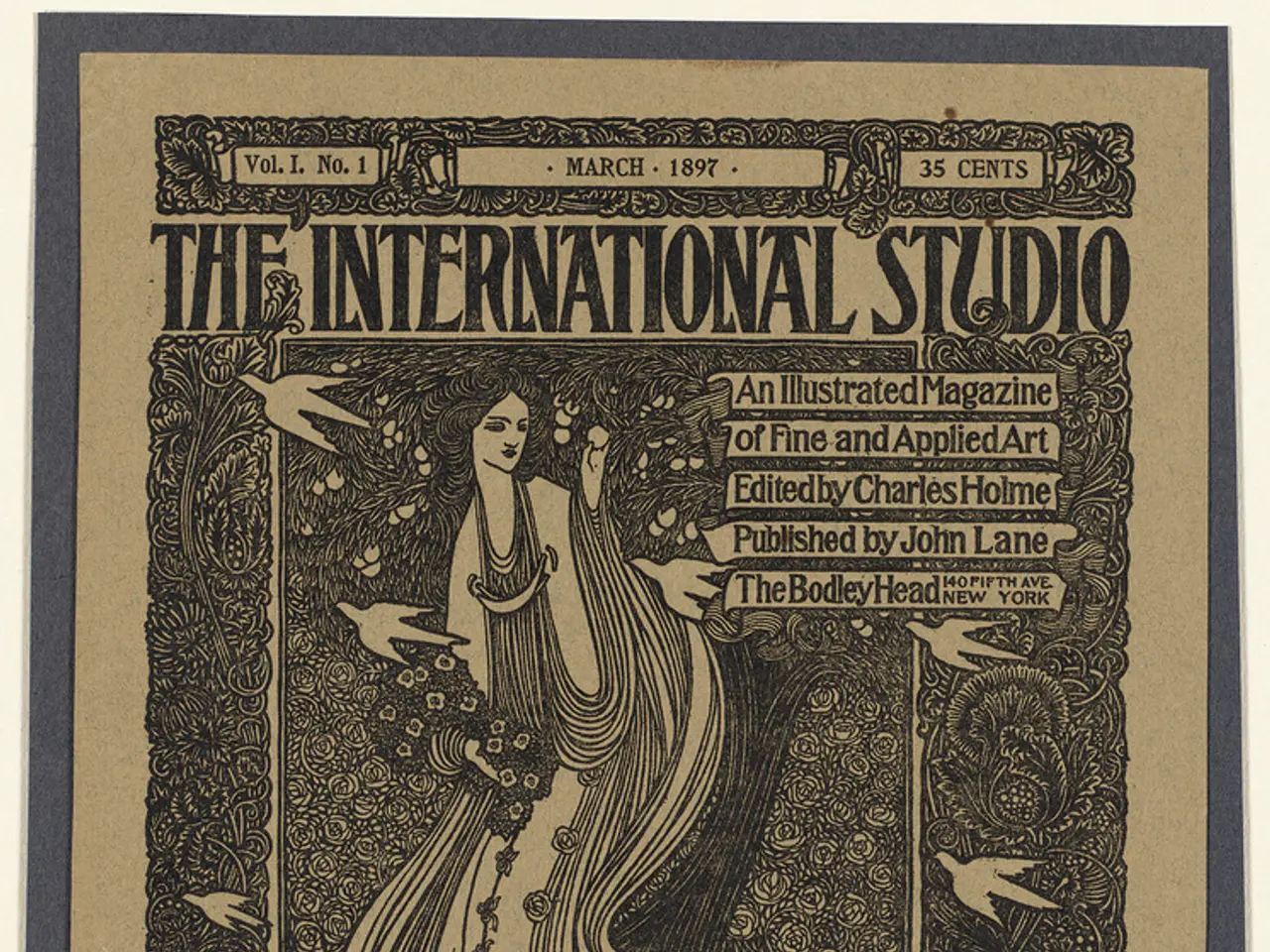Islam's Prophet Muhammad Brought Major Improvements in Women's Rights
Islam, revealed through the Prophet Muhammad in 7th-century Arabia, brought significant improvements in the status and rights of women. It recognised their equality and humanity, challenging the harsh practices of the pre-Islamic Jahiliyah period.
Islamic teachings emphasise the importance of treating women kindly. The Prophet Muhammad advised that the best believers are those who are most considerate towards their women (At-Tirmidhi). He also stressed the special status of mothers, urging believers to treat them with kindness (Abu Hurairah). The Quran itself declares the equality of men and women in reward for their deeds (Aal `Imran 3:195).
In stark contrast to the harsh practices of the Jahiliyah period, where women faced dire situations like being buried alive or inheriting little, Islam introduced protections. The Prophet Muhammad warned against violating the rights of women and orphans (Ibn Majah and Ahmad). He also encouraged acceptance of women's traits, stating that a believer should not hate a believing woman (Muslim).
Islam also recognised the humanity of women by considering them the 'twin halves' of men, as narrated by Aisha (Abu Dawud and Tirmidhi). Moreover, it praised those who did not slight their female children, promising Paradise for such acts (Ahmad, narrated by Abdullah ibn Abbas).
Islam's teachings on women's rights and treatment, revealed through the Prophet Muhammad, marked a significant shift from the harsh practices of the Jahiliyah period. By recognising women's equality, humanity, and the importance of kind treatment, Islam elevated the status of women in society.





